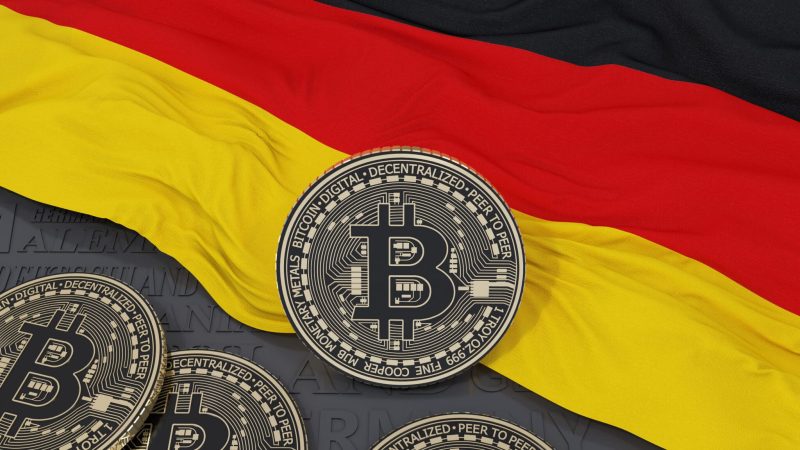The German government recently missed out on an additional $124 million in Bitcoin profits by selling its holdings prematurely. The decision to sell 50,000 BTC seized from the movie piracy website movie2k was driven by fears of a sudden price crash.
Bitcoin Surge Post-Germany’s Sale
On July 13, Saxony’s state authorities completed the sale of their Bitcoin holdings, generating approximately $2.87 billion. This sale secured a profit of over $740 million, compared to their acquisition cost of $2.13 billion in January. However, shortly after the sale, Bitcoin prices surged by 16.55%, driven by market reactions to the assassination attempt on former U.S. President Donald Trump, which increased his re-election odds.
Missed Opportunity for Maximum Returns
In March, Bitcoin reached a record high of around $74,000, presenting an opportunity for the Saxony government to secure up to $1.5 billion in profits. However, the state sold its holdings at a lower price point, resulting in missed potential gains. Additionally, a 12% decline in Bitcoin’s value during the sales period further reduced the government’s profits.
Also Read: Germany’s $2.88 Billion Bitcoin Sale Sets Benchmark
Emergency Sale Decision
The Dresden Public Prosecutor’s Office ordered the emergency sale in June, citing concerns over a potential 10% or greater drop in Bitcoin’s value. The office explained that legal requirements mandate the sale of valuable seized items when there’s a risk of significant value loss. They emphasized that it’s illegal for enforcement agencies to speculate on the value of seized items by waiting for price increases before selling. The primary goal behind the emergency sale was to secure funds for ongoing criminal proceedings against movie2k.
Market Reactions and Rising Demand
The Dresden Attorney General’s office stated that fair market prices were achieved during the sale, noting considerable trading volume in the Bitcoin market at that time. The sale coincided with increasing demand for Bitcoin among ETF and other fund investors. For the week ending July 13, Bitcoin saw its fifth-largest weekly inflows on record at $1.35 billion, while short-Bitcoin positions saw significant outflows.
While Germany opted for an emergency sale, other countries have taken different approaches. Last year, the U.S. government sold part of its Bitcoin holdings seized from Silk Road. In contrast, nations like El Salvador are accumulating Bitcoin as a strategic reserve asset. Recently, there has been speculation about the U.S. potentially using Bitcoin for its strategic reserves by 2028.
